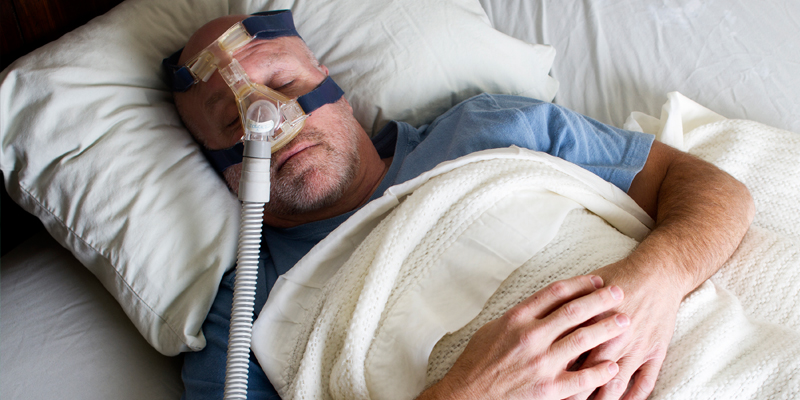
May is National Arthritis Month, and because of that, CPAP Central would like to direct your attention to the connection between arthritis and sleep apnea. Recent studies have shown that people with sleep apnea have double the chance of developing rheumatoid arthritis compared to those who do not snore.
Sleep apnea is characterized by pauses or stops in breathing while a person is sleeping. Age, obesity, smoking and alcohol consumption all increase the chances for sleep apnea.
Rheumatoid arthritis (RA) is a chronic, autoimmune disorder that causes inflammation of joints and the surrounding tissues. It is most common in women and develops mostly as people reach middle age. Hormone changes, infections, and some genetic factors all play a role in developing the disease.
Researchers compared 1,411 sleep apnea patients against 7,000 healthy adults for over five years. The subjects were continuously monitored for immune system-related conditions such as rheumatoid arthritis. Findings showed that the apnea-affected group had a 91 percent higher chance of developing arthritis conditions.
Why would snoring and sleep apnea increase the risk for rheumatoid arthritis? Studies show that chronic sleep apnea leads to inflammation in blood vessels present in the body and this acts as a catalyst for the development of arthritis.
Untreated rheumatoid arthritis and sleep apnea can be debilitating individually, but knowing that sleep apnea may put you at higher risk for RA makes treatment even more important. So what can you do to avoid getting RA or other arthritis related conditions? If you snore or have been told you snore, get tested for sleep apnea. Your family doctor can help you find a sleep lab.
If you are diagnosed, CPAP Central can help. We specialize in all things CPAP and BiPAP, and can make sure you have the right CPAP machine and CPAP mask for you, thus lowering your risk of developing rheumatoid arthritis.
